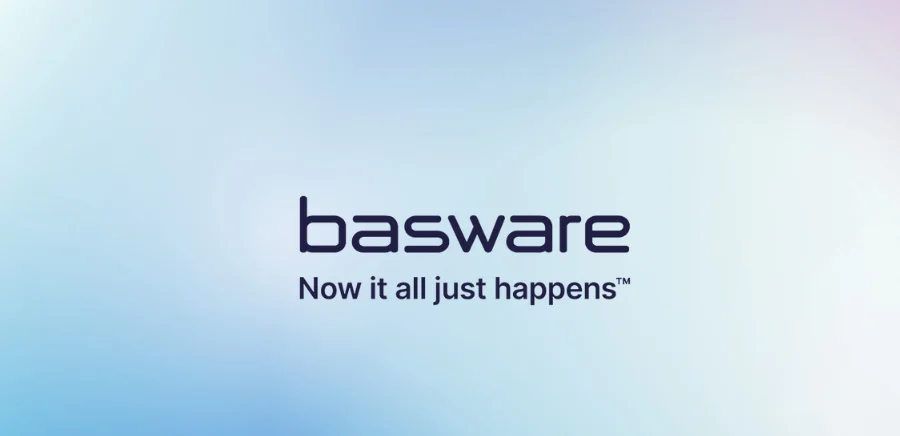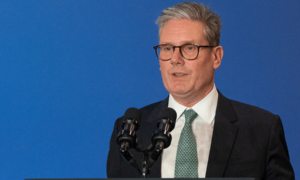What if every dollar your company put into AI returned more than one and a third?
A new global study reveals that’s exactly what’s happening — especially in financial operations.
As AI gains traction in the CFO’s office, one firm is betting big on tools that deliver measurable ROI, not just automation hype.
Breaking It Down: New Numbers Back AI’s Financial Impact
According to Basware’s newly released “AI to ROI” report, companies are realizing a 136% return on AI investments — that’s $1.36 back for every $1 spent over three years.
The survey, conducted by Financial Times Longitude, included responses from 400 enterprise CFOs. It found that 82% of firms with substantial AI investment saw a revenue boost, and over half reported higher gross profits.
AI, once treated as a tech experiment, is now tied directly to financial outcomes. Amid economic uncertainty, cost-cutting is still king — and CFOs are under pressure to find scalable efficiencies without sacrificing growth.
With the global AI market expected to reach $4.8 trillion by 2033, this shift toward measurable, finance-led AI use cases is only set to accelerate.
Manual processes in finance departments continue to drain time and resources. Basware’s data shows that AI is already helping address top challenges like data integrity, fraud prevention, and invoice processing delays.
Nearly 75% of respondents said AI enables their teams to focus on strategic tasks rather than repetitive back-office work.
And yet, despite the promise, many companies still struggle to quantify ROI. That’s where Basware hopes to lead.
The Bigger Picture: Finance Teams Need More Than Automation
CFOs aren’t just looking for efficiency anymore — they’re seeking resilience. With inflation, supply chain pressure, and geopolitical risk colliding, finance leaders are doubling down on AI to safeguard operations.
In this context, Basware’s 136% ROI stat isn’t just impressive — it’s proof that targeted AI investment works when aimed at the right workflows.
AI can’t fix everything, but it’s helping finance teams solve what matters most: cash flow visibility, invoice clarity, and smarter spend analysis. And when you tie AI’s output to the bottom line, adoption moves from experimental to essential.
Basware’s findings reinforce a core truth: finance is no longer a back-office function — it’s a strategic engine, and AI is the fuel.
Expert Insight
“We’ve been speaking with customers during our World Tour, and it’s clear that some finance leaders are facing the most pressure they’ve felt in 40 years,” said Jason Kurtz, CEO of Basware.
“Companies prioritizing AI investment in areas that drive significant ROI becomes essential for gaining CFO and boardroom approval. It’s not solely about saving money but funding the ability to accelerate growth.”
GazeOn’s Take: Where InvoiceAI Fits In
To close the loop between insight and action, Basware has launched InvoiceAI — its flagship GenAI platform built for accounts payable.
It includes two tools already live:
-
AP Business Agent, which reads, summarizes, and guides invoice approvals in real time
-
AP Data Agent, which answers natural-language invoice queries and suggests capital improvements
Backed by 2.3 billion invoice records and 40 years of domain expertise, InvoiceAI isn’t just a product line — it’s Basware’s bet on where finance tech is headed.
What’s Your Take?
Is this the turning point where AI becomes mandatory in the CFO suite — or is the ROI story still too early to call?
About Author:
Eli Grid is a technology journalist covering the intersection of artificial intelligence, policy, and innovation. With a background in computational linguistics and over a decade of experience reporting on AI research and global tech strategy, Eli is known for his investigative features and clear, data-informed analysis. His reporting bridges the gap between technical breakthroughs and their real-world implications bringing readers timely, insightful stories from the front lines of the AI revolution. Eli’s work has been featured in leading tech outlets and cited by academic and policy institutions worldwide.























